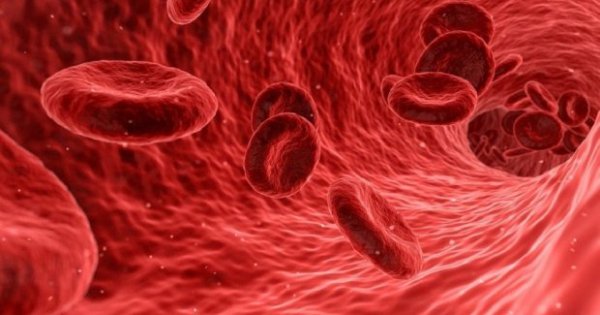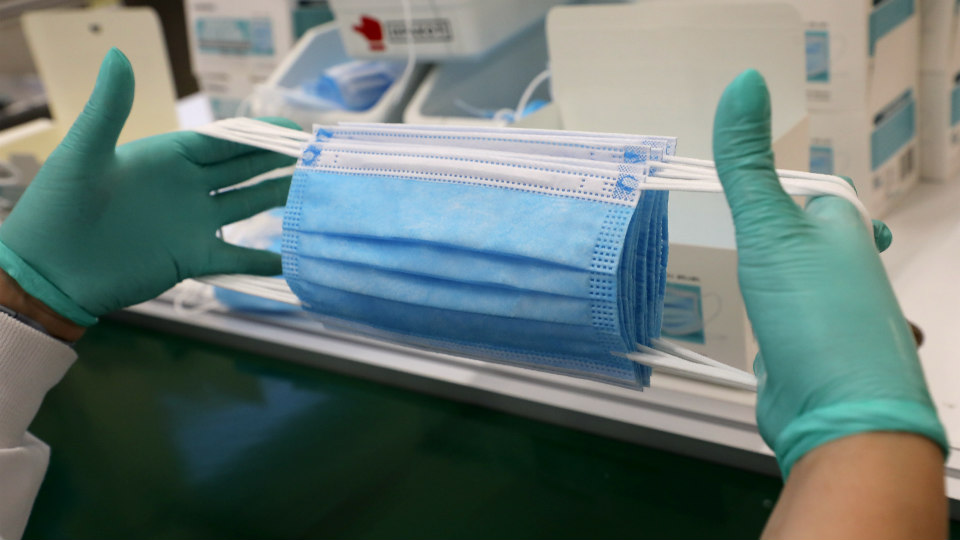Blood function for the human body is very important. Blood is a combination of plasma and cells circulating throughout the body. Quote from sehatq.com, the blood flowing in an adult is equivalent to 7% of that person’s body weight.
With a sufficient number of blood makes a very important role to maintain the body’s metabolism. It should be understood that one of the functions of blood is to supply important substances needed by the body such as; sugar, oxygen, and hormones.
This function is supported by the presence of organs that have the task of pumping blood. The organ is the heart that pumps blood throughout the body so that oxygen and nutrient needs are met.
The Function of Blood in Humans
Blood has major components such as plasma, red blood cells, white blood cells, and platelets. Each component has a different task. Launching from halodoc.comHere are some of the functions of blood in the human body that need to be understood.
1. Supplying Oxygen to Cells and Tissues
Blood is useful for taking oxygen from the air in the body the lungs then spread to all cells and tissues. After that, the blood will also remove carbon dioxide from the cells and transport it to the lungs to be removed from the body.
2. Carries Nutrients and Hormones
Another function of blood for humans is to carry nutrients and hormones. Blood is useful in the digestive system and the functioning of the endocrine system. Nutrients that have been digested will be absorbed in the bloodstream through the capillaries in the body small intestine.
Some nutrients are transported such as; amino acids, fatty acids, vitamin, minerals, and glucose. These nutrients will be circulated by the blood to the body’s cells.
In addition, blood also helps circulate hormones produced from various glands in the endocrine system. The hormone will be carried to the cells and organs that are the target.
3. Regulate Body Temperature
Blood also plays a role in regulating body temperature. Blood will absorb and distribute heat throughout the body. These fluids can help maintain homeostasis through breathing or conservation of warmth.
In addition, homeostasis is the regulation of conditions in the body such as temperature, water content, and amount of carbon dioxide. In addition, blood vessels can also expand and contract when reacting with outside organisms such as bacteria or internal homo.
This condition makes more heat carried by the blood to the skin and can cause heat to be lost into the air. Blood vessels can also shrink to reduce heat loss through the skin once the temperature returns to normal.
4. Treating Wounds
The next function of blood in humans is to help heal wounds. When we are injured, the blood vessels will tear. This condition makes platelets and plasma proteins work together to stop the bleeding.
Platelets will produce substances that work with vitamin K to clot blood and create blockages in damaged areas. Protein The plasma will create a thread called fibrin to complete the thrombusu work so that the wound can be closed.
5. Carrying Waste to Kidneys and Liver
Another function of the blood is to help transport waste to the waste-excreting organs such as: kidney and heart. In the kidneys, substances that are no longer needed such as urea, uric acid, and keratin will be filtered from the blood plasma.
The substance then enters the ureter to be excreted in the form of urine. On heart, blood which is rich in vitamins as a result of organ absorption will be cleaned by this organ. Once clean, the vitamins are then distributed to the body’s cells.
6. Fight Various Diseases
Human blood is known to have components that can fight various diseases. These components are called leukocytes or white blood cells. The number of blood cells is not too much, which is only about 1% of the total blood. However, white blood cells can multiply when there is inflammation.
There are five types of white blood cells. Namely neutrophils, eosinophils, basophils, lymphocytes, and monocytes. Neutrophils are the most abundant type of white blood cell. They make up about 60-70% of all white blood cells.
Blood Function Disorders
Now we already know the various functions of blood for the human body. When the function of the blood is disturbed, it can cause various health problems. Quote from sehatq.comHere are some health problems that can affect blood function.
1. Anemia
Anemia is a condition when the level of red blood cells in the body is low. This can cause circulation oxygen unfulfilled and makes you feel tired so you look paler.
2. Blood clotting
Blood clots, also known as blood clots, are conditions when there is a blockage in a blood clot. This condition is very dangerous and can be life-threatening. Blood clots that break off and travel through the heart to the the lungs It is also very dangerous because it can cause pulmonary embolism.
3. Blood cancer
Other blood function disorders, namely blood cancer. There are several types of blood cancer, among others; leukemia, multiple myeloma, and lymphoma.
– .


